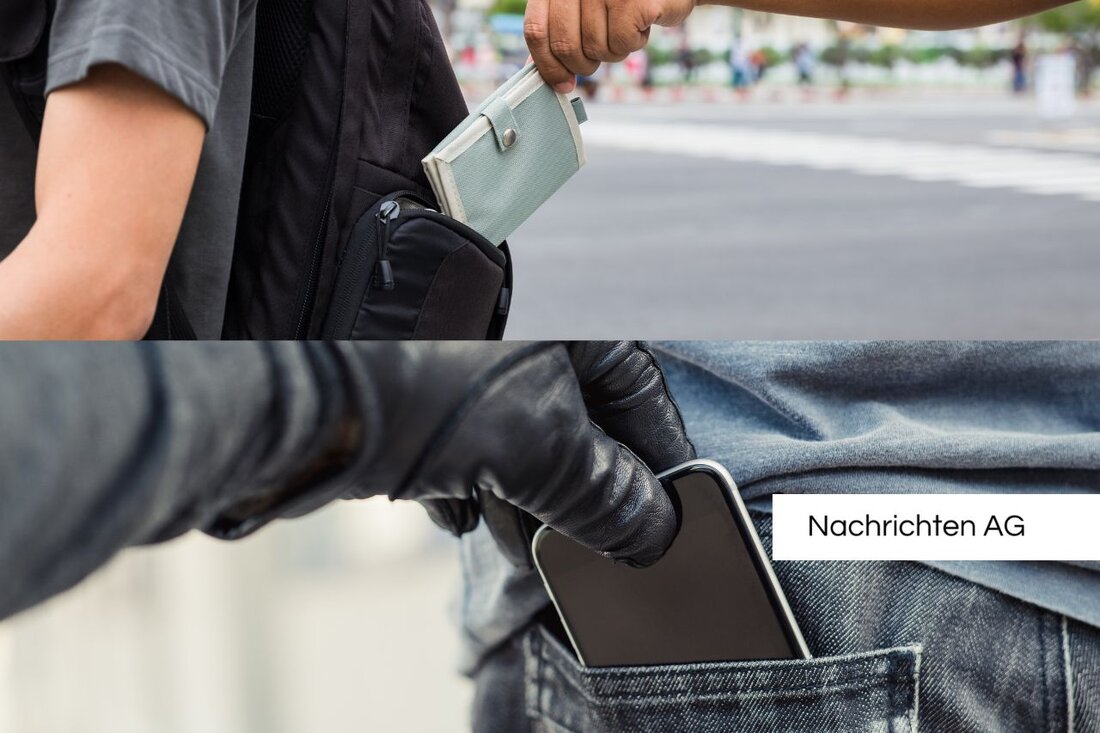Drug smuggling and robbery: German arrested in Carinthia by EU arrest warrant!
A German was arrested in Carinthia on August 27, 2025, wanted under a European arrest warrant for drug trafficking and robbery.

Drug smuggling and robbery: German arrested in Carinthia by EU arrest warrant!
On August 27, 2025, a German who was wanted under a European arrest warrant was arrested in the Völkermarkt district of Carinthia. The man is suspected of engaging in illegal drug trafficking and committing aggravated robbery. The arrest was made in the afternoon by the local police, supported by the search team and a police dog. After the arrest, the suspect was transferred to the Klagenfurt prison.
The European Arrest Warrant (EAW), on the basis of which the man was wanted, allows the judicial authorities of one EU country to request the arrest and surrender of a person in another EU country. The aim is to prosecute or enforce a prison sentence, whereby the principle of mutual recognition of judicial decisions applies. This affects all Member States of the European Union, with contact between judicial authorities taking place directly, without political interference.
Legal guarantees and procedures
When applying the European Arrest Warrant, certain procedural rights of the suspects must be observed. These include the right to information, the right to have access to a lawyer and an interpreter, and the right to legal aid. The deadlines for executing an arrest warrant are strict: a decision on execution must be made within 60 days; if surrender is agreed to, it is only 10 days.
Another important aspect is that for certain criminal offenses the check of double criminality is not necessary if the offense is punishable by a prison sentence of at least three years in the issuing country. This makes the quick and efficient transfer of suspects between EU states much easier.
Statistical insights and developments
The use of the European Arrest Warrant has shown remarkable figures in recent years. According to the European Commission, a total of around 15,000 arrest warrants were issued by the 27 EU member states in 2021. The most common categories of offenses identified included theft, drug offenses and fraud and corruption. The average duration of the surrender process was 20.14 days if the wanted person consented and 53.72 days without consent.
These developments demonstrate the effectiveness of the European Arrest Warrant in combating cross-border crime. Political factors do not play a role, which leads to stricter and less bureaucratic handling. EU countries are and remain obliged not to refuse to hand over their own nationals if they have committed a crime in another member state.
The arrest of the wanted German in Carinthia is another example of the smooth cooperation between EU states in the field of justice, as the current statistics and procedures of the EAW show. These mechanisms have been in force since 2004 and strengthen the rule of law within the Union.

 Suche
Suche
